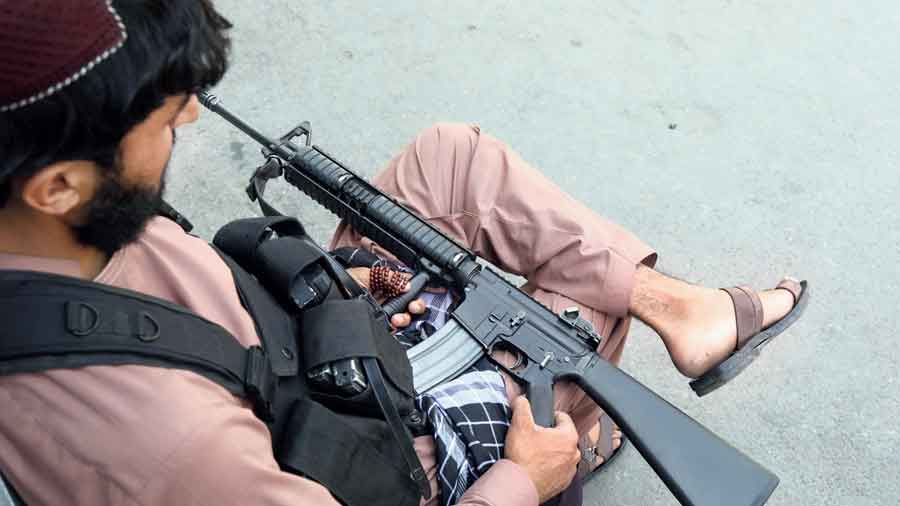A year after the Taliban drove into Kabul in its signature pickup trucks reclaiming Afghanistan, the country’s multiple crises serve as a chilling reminder of global failures towards a nation that for long has been a victim to dangerous rivalries. The country’s economy has collapsed and large parts of its finances are stuck with international bodies. The Taliban has rolled back many of the social gains the country had made in the previous two decades, banning girls from schools and pushing women out of the public sphere. According to the United Nations, nearly24 million Afghans — a majority of the population— face serious food insecurity. Most nations are yet to recognise the Taliban government diplomatically, complicating trade and commerce with the rest of the world. The recent killing of al Qaida leader, Ayman al-Zawahiri, in Kabul, in a drone attack launched by the United States of America points to the deepening security threat that Taliban rule poses to the rest of South Asia and the world.
But Afghanistan’s story is in many ways a tragedy foretold. For the past four decades, the world’s— and the region’s — big powers have waged proxy wars in the country, leaving ordinary Afghans as pawns to be sacrificed on their geopolitical chessboard. The hasty, chaotic exit by the US last year, after an insincere peace deal with the Taliban that no one expected to hold up, is a prime example of the strategic hypocrisy of Western nations that otherwise speak of a ‘rules-based order’. Russia, Iran and China have all viewed Afghanistan largely through the short-sighted lens of immediate security and economic concerns without investing what it takes to actually bring peace to a war-ravaged nation. India and Pakistan have focused their energies on trying to out-manoeuvre each other in Afghanistan. None of this is to deny the agency of Afghans who built a civil society amid missiles and bombs and brought hope of a future beyond conflict. Nor are Afghanistan’s own politicians any less guilty than external powers: their corruption and greed have been directly proportional to the country’s current mess. But unless the international community also takes responsibility, the world is destined to repeat its mistakes in Afghanistan. The sufferers, as always, will be ordinary Afghans.











